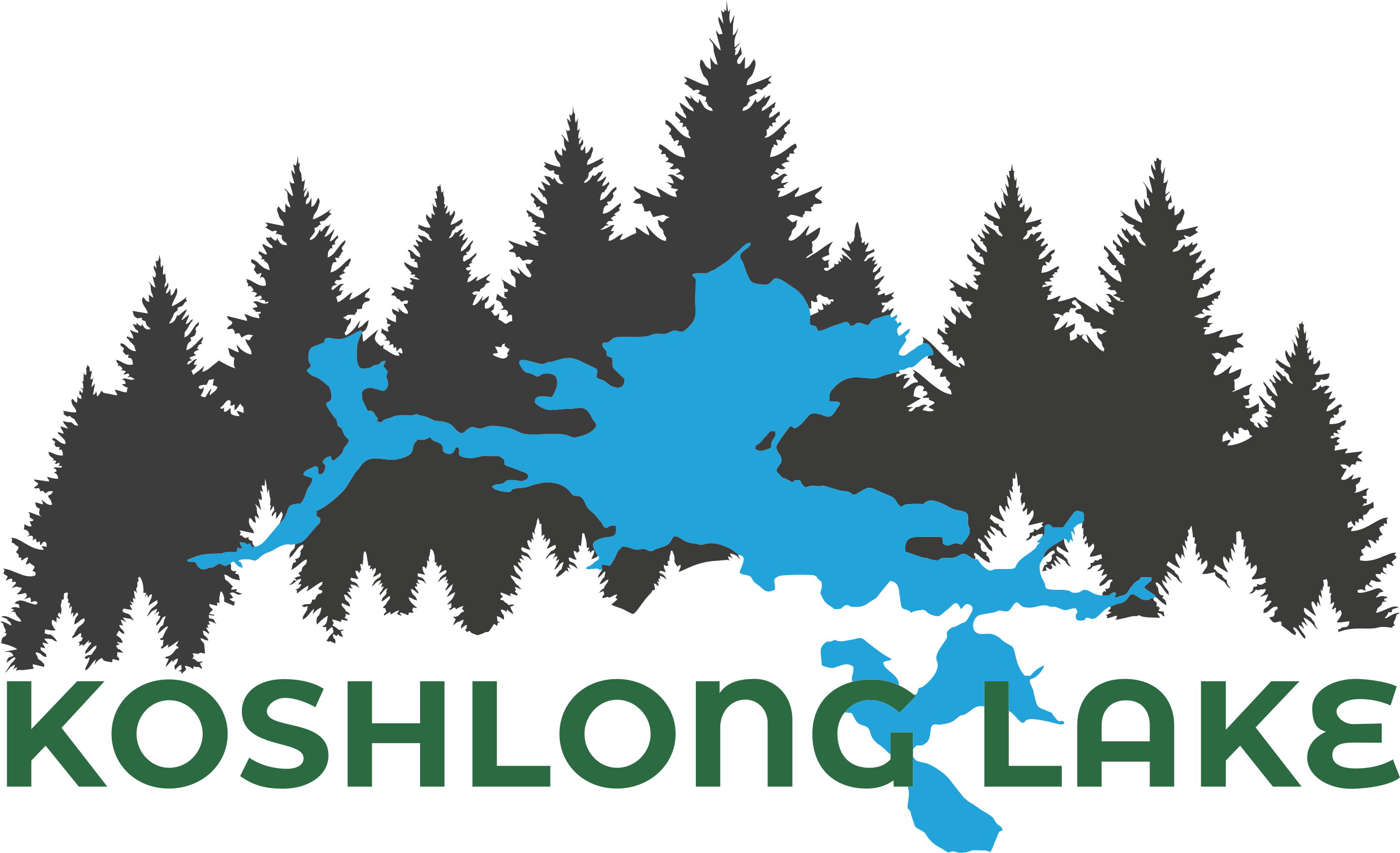GOOD PRACTICES
How You and Your Guests Can
Protect the Natural Environment
Protecting Our Shared Lake Environment is as Easy as:
1. Maintaining a healthy septic system
Septic systems are the leading cause of lake pollution! Learn about how your septic system works, and what you can do to ensure it continues to function properly. Have your system cleaned, inspected, repaired or replaced if you are unsure or suspect malfunction.
2. Allowing natural vegetation to grow on your shoreline
Trees, shrubs and other naturally-occurring forest vegetation work to filter pollutants and excess nutrients from runoff, as well as preventing soil erosion. See what you can do to foster or restore natural shoreline growth.
3. Disposing of household and construction waste properly
Household waste can attract animals who may be harmed by items in your garbage, or by encounters with you and your pets. Construction waste can leach pollutants and minerals into the lake. Remove these items promptly and follow municipal guidelines for proper disposal.
4. Practicing vigilance with indoor and outdoor fires
Fire can spread quickly, and can destroy not only your home and property, but entire forests and ecosystems. Take steps to prevent uncontrolled fires, and follow local by-laws for outdoor burning.
5. Minimizing wake when close to shore
It is no secret that excessive wake causes soil erosion, but it can also destroy nests and breeding areas, and kill or drive off the fish, amphibians and birds that inhabit the shorelines. It is also a danger to swimmers, particularly children. Please slow down (mind the rule of 10 kmh within 100 feet of the shore) and keep your distance when possible.
6. Finding alternatives to pesticides and fertilizers
You might find biting insects or mice annoying, or wish to grow a lawn or garden, but chemicals employed to kill pests are toxic to wildlife and to the water we swim in and drink. Explore non-toxic alternatives to conventional pest control.
7. Keeping phosphorous and soaps out of the lake
Always avoid soaps and cleaning products that contain phosphorous, but even "natural" soaps and cleansers entering the lake directly offset the delicate balance of the ecosystem; never bathe or dump dishwater directly in the lake.
8. Preventing invasion of foreign species
When moving any watercraft from one lake to another, be sure to clean, drain and dry your boat. Do not dump unused bait into the lake. And never bring firewood from outside the county.
9. Reducing unnecessary outdoor lighting
Bright lights, particularly at night, negatively impact the feeding and breeding patterns of insects, birds and mammals. Light also encourages growth of algae near the shoreline. And of course, bright lights impact everyone's ability to enjoy a starry night!
Around your property, use only the lighting you require for safety, and close curtains or turn down indoor lights. You'll lower your Hydro bill and reduce greenhouse gasses, too!
10. Abiding by local by-laws
While by-laws might, at times, feel like an infringement on our "rights" as property owners, we are all part of a community and ecosystem at the lake. Our municipal representatives work hard to balance recreational, economic and social interests with good practices to protect the environment we are all here to enjoy. Please do your part by understanding and following local regulations so our lakes remain healthy for generations to come.
- Home
- Environment
- **GOOD PRACTICES**
Thanks to KLA member Rob Horsburgh for his photograph of Wallace Island used as the background photo throughout this site
